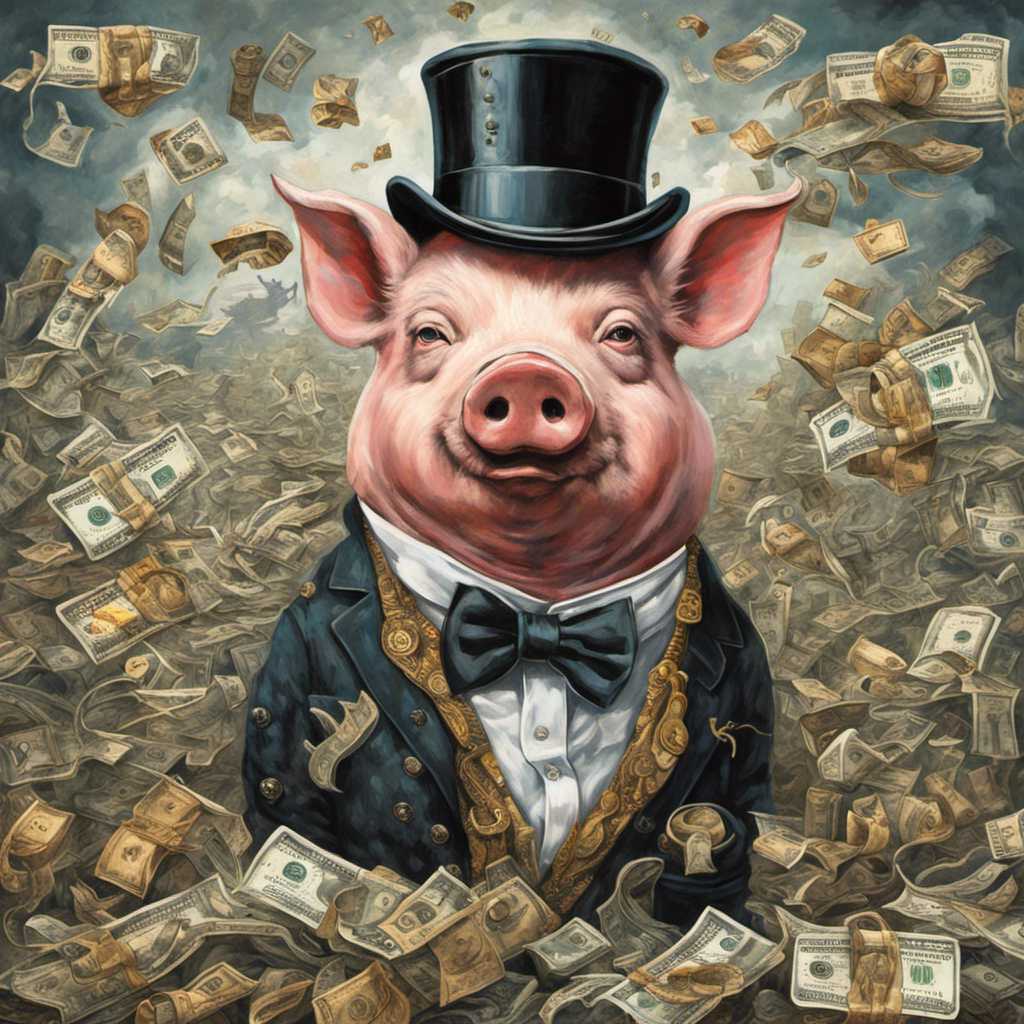Vitaliy
Very interesting article on Wal Mart (WMT). Here’s my two cents.
Capitalism, without a social context, is a pretty simple equation. From this perspective, go Wal Mart! On the other hand, people need to look at the social externalities of Wal-Mart’s economic model…the goods are cheaper if you don’t consider that their existence makes their typical customer less wealthy, that their practices eliminate competition necessary to keep prices down, that their policies leave the environment less valuable to everyone. These are all very real costs, just ones that the average Wal-Mart customer/employee doesn’t see at a glance, until the results are very clear. Internalize these costs, and it’s not really such a good deal.
I see Wal-Mart’s philosophy as the opposite of Ford’s (which so many Americans cite as a milestone in capitalistic thinking). From my understanding (this is the dumbed down version), Ford’s model was pay their employees a fair wage, because common people with a fair wage were more likely to buy a car. Wal-Mart, on the other hand, pays employees very little, because common people with sub-standard wages need to purchase the least expensive goods (such as Wal-Mart provides). A capitalist achievement, yes, but one that I fear takes wind out of the sails of the American economy in the long run.
You make a good point, that pure capitalism results in an incentive to become educated, which does benefit us all. Still, that shouldn’t imply that Wal-Mart has any incentive to improve the level of education among their employees or customers (quite the opposite is true). This argument feels like calling Darth Vader good, because he inadvertently gives incentive for more people to join The Force.
As you can tell, I side with the anti-Wal-Mart camp. What’s my solution? Brow-beating or crying to Wal-Mart will never have an effect. I have faith that their model will sink them soon enough. I suppose time will tell how Wal-Mart impacts the “American way”.
Good article. I really enjoy reading economic discussion.
– Tom
Tom, loved your arguments. Here are some thoughts on them:
- The wages that Wal-Mart pays are the byproduct of supply and demand, if we had a larger layer of educated people than Wal-Mart would have to pay higher wages to attract a smaller supply of of less educated labor – laws of economics.
- The consumer is less wealthy not because of WMT, but because of the external cirucumstances that have nothing to do with WMT – high enery costs, unaffordable healthcare, corporate investments in productivity, etc…
- I could be wrong, but I thought Ford’s (F) biggest achievement (and a competetive advantage for awhile) was a creation of conveyor lines and specialization of production. It allowed for Ford to make cars cheaper than its rivals. Ford was able to pay higher wages because it was more efficient than everybody else. Arguably that’s what set WMT apart from its competition from the very beginning – efficiency. However, as inventory management technology became ubiquitous, its competitors became more efficient, thus WMT needed a different edge – its size is providing that edge: bargaining power.
- Nobody has to sell goods at WMT, nobody forces suppliers to sell goods there – it is there choice.
- I agree with you on the last point – Wal-Mart will have to adjust to market forces even if that force is public opinion – that is how the free market works. Involvement of political “leaders” or unionization are not the solutions. If people will perceive that WMT abuses its workers – they’ll stop shopping there (if they can afford to). Public opinion is growing more negative on WMT and if I worked for WMT I probably wouldn’t like it much either. But I have a luxury of not having a personal involvement with WMT thus my opinion is unbiased. Wal-Mart may have to figure out how to do even more with less, but higher paid labor.
– Vitaliy









0 comments